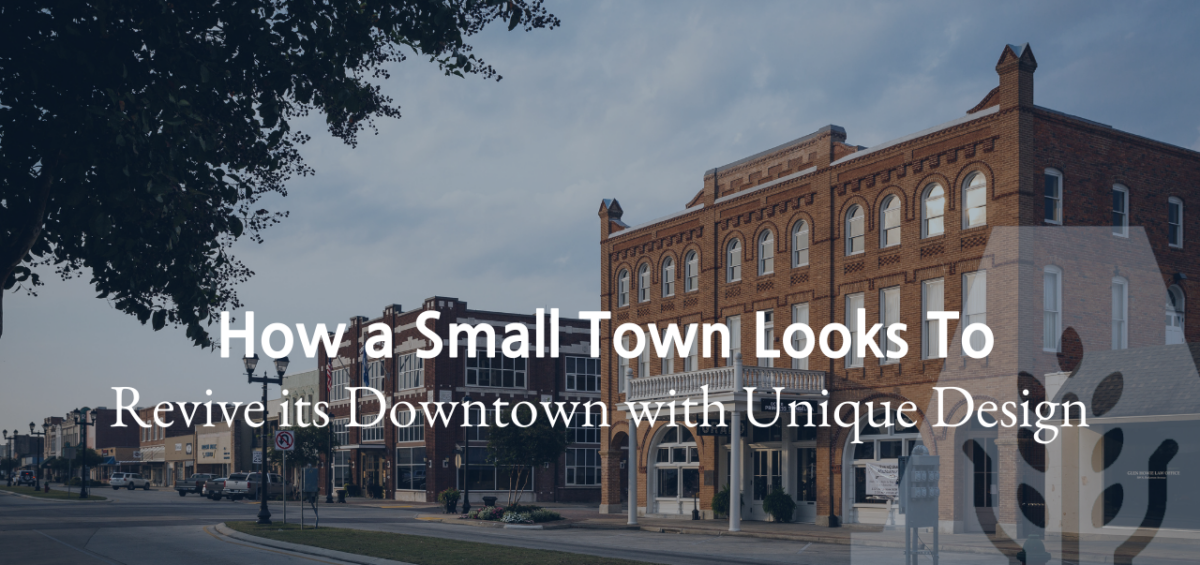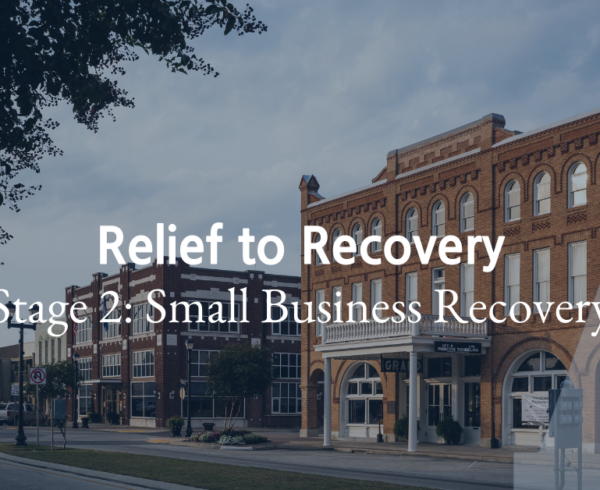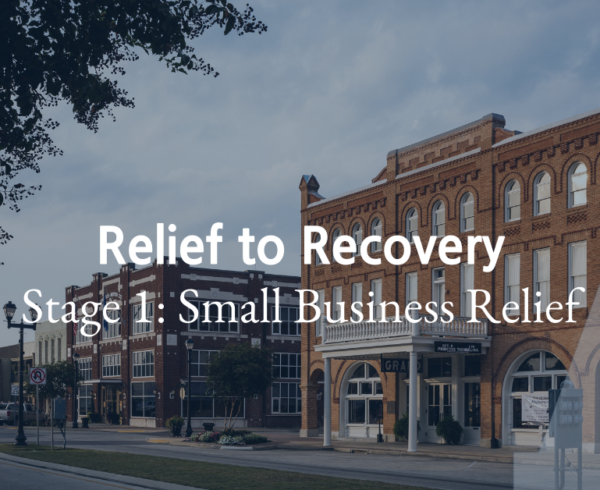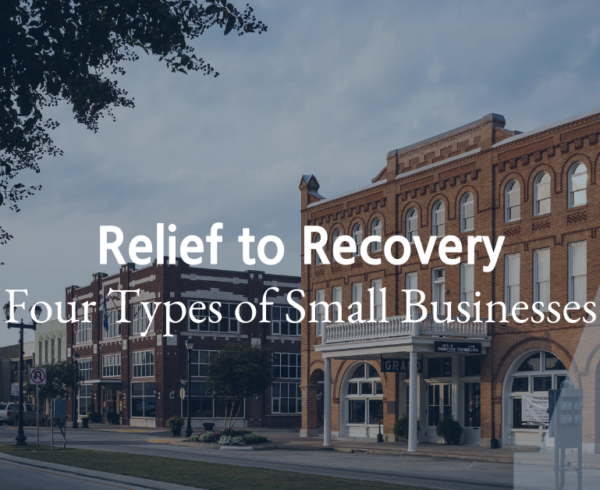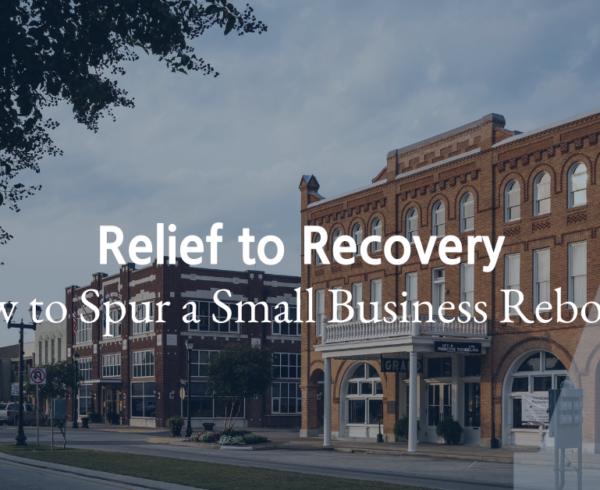Published on July 14, 2021 by Kristi Eaton for Smartcities Dive.
Lucinda’s, a retail shop in downtown Wichita, Kansas, closed its doors for three months during the height of the pandemic last year. Closing a business that depends on foot traffic can be devastating for a business, said the store’s owner, Valerie Reimers. “It was scary and challenging,” said Reimers.
But Lucinda’s, which has been in operation for 20 years, persevered and opened its doors again in June 2020 with reduced hours. Now, Reimers along with other local business and city leaders are looking to the future after launching the new “Front Porch Project” through a $75,000 grant form the National Endowment for the Arts (NEA).
Wichita’s project will pair artists and local businesses to create “front porches,” or outdoor extensions of their business, building on a Midwestern placemaking concept that is an integral part of the community.
The project, created by Downtown Wichita, a local nonprofit, in partnership with the city of Wichita is among more than 60 projects set to receive NEA funding nationwide that will integrate arts, culture and design activities into efforts that strengthen communities by advancing local economic, physical or social outcomes.
“To me, the Midwestern front porch is very much about identity and about community,” said Emily Brookover, director of Community Development for Downtown Wichita. “People sit on their front porches, they visit with each other. It’s where you put your flag. It’s very much a part of this idea of the Midwestern community.”
Though the businesses and artists have yet to be selected, Brookover said they intend to focus on restaurant and retail establishments for the business component.
Officials are using the terms “artists” or “creatives” for the application process, but they want to see a broad swath of practitioners apply to partner with businesses for the opportunity, including designers, interior designers, architects, graphic designers and others.
“Any time you involve arts and artists in any project it always creates a unique product, a unique experience, which then in turns creates curiosity and intrigue by the general public,” Brookover said, adding that it increases traffic and notoriety for the business. “Creating these front porches is going to draw in an audience and foot traffic for the local businesses.”
The “Front Porch Project” also builds on a finding that local officials had determined early on in the pandemic: outdoor spaces can be critical to the livelihood of a business.
“A lot of our downtown businesses have tried to adapt through curbside pickup and online ordering, and change how people are shopping and interacting with businesses. I think the struggle has really been getting people to come back downtown in physical form,” Brookover said.
Timing for when the porches will be ready is not yet known as officials are waiting on more information from NEA, Brookover said. Meanwhile, downtown business owners like Reimers, are excited about the project’s possibilities.
“I think it will be magical,” she said. “It will create excitement around art and local businesses and shopping opportunities. It will bring something new and help people fall back in love with downtown.”
Local small businesses are a cornerstone of many towns and cities across the country. The steps that each will take toward the road to recovery will be extremely different, due to regional, state, and local industries and interests. Examples such as the “Front Porch Project” in Wichita build off certain attitudes that small business owners will recognize and rally behind. These can be excellent sources of inspiration for other local communities.


